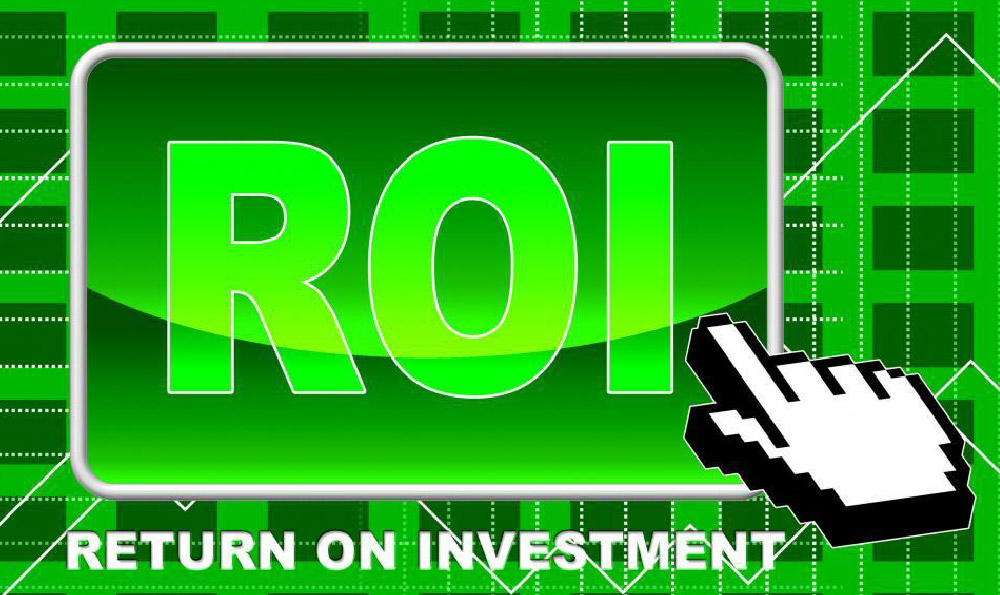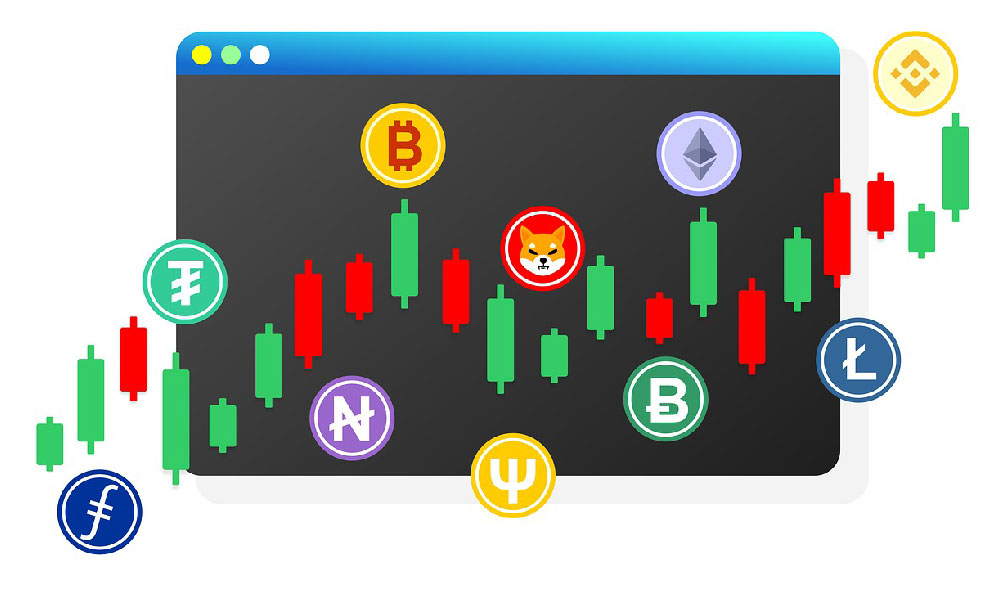The question of how much bloggers can earn is a fascinating one, filled with both promise and a healthy dose of reality. The potential income for bloggers isn't a fixed number; it's a vast spectrum determined by a complex interplay of factors, ranging from the blogger's niche and audience size to their monetization strategies and dedication. There's no magic formula, but understanding these variables is crucial for anyone considering blogging as a viable income stream.
Let's delve into the different tiers of blogger income. At the very beginning, many bloggers start with virtually no income. This is the learning phase, where they're honing their writing skills, building their website, understanding search engine optimization (SEO), and, most importantly, finding their voice and niche. The initial months can be a grind, requiring consistent effort with little immediate financial return. This phase is critical for laying the foundation for future success.
Moving a step above zero, we encounter bloggers who are making a few dollars here and there – maybe enough to cover their website hosting fees or purchase a few resources to improve their blog. This income often comes from affiliate marketing, where they earn a commission on products or services they recommend. The commissions might be small, but they're a tangible sign of progress and validate the blogger's efforts. This is often a crucial stage, as it provides motivation to continue learning and improving.

As a blogger's audience grows and their content becomes more valuable, their income potential increases significantly. Bloggers in this middle tier are often earning a part-time income, perhaps supplementing their primary job. They've likely diversified their monetization strategies, incorporating advertising, sponsored posts, and possibly even selling their own digital products, like e-books or online courses. They've also become adept at building relationships with their audience and understanding their needs. The key here is consistency and building trust. Readers are more likely to purchase from someone they perceive as authentic and knowledgeable.
At the highest level, some bloggers are earning a full-time income – and a substantial one at that. These are often established bloggers with a large and engaged audience, a strong brand, and a well-defined business strategy. They may be selling high-ticket courses or coaching programs, running successful affiliate marketing campaigns, or even launching their own physical products. They've also likely built a team to help them manage their blog, freeing them up to focus on content creation and strategic growth. This is the level where blogging transforms from a hobby or side hustle into a genuine business.
Several factors determine a blogger's earning potential. Niche selection is paramount. Some niches are inherently more lucrative than others. For example, finance, health, and personal development tend to attract advertisers and affiliates willing to pay higher commissions. However, it's also important to choose a niche that you're passionate about and knowledgeable about, as this will make it easier to create high-quality content consistently.
Audience size and engagement are also critical. The larger and more engaged your audience, the more opportunities you'll have to monetize your blog. Building an audience takes time and effort, but it's worth it in the long run. Focus on creating content that resonates with your target audience and actively engaging with them in the comments section and on social media.
Monetization strategies play a significant role. Relying solely on one monetization method is risky. Diversifying your income streams will help you weather any changes in the market. Explore different options like advertising, affiliate marketing, sponsored posts, selling digital products, and offering coaching or consulting services.
Consistency is key to building a successful blog. You need to consistently create high-quality content that your audience finds valuable. This means posting regularly, promoting your content on social media, and engaging with your readers. The more consistent you are, the more likely you are to attract new readers and keep your existing readers coming back for more.
SEO also influences income. Optimizing your content for search engines will help you attract more organic traffic to your blog. This means using relevant keywords, writing compelling meta descriptions, and building high-quality backlinks.
Finally, dedication and perseverance are essential. Building a successful blog takes time and effort. There will be times when you feel discouraged, but it's important to keep going. Learn from your mistakes, adapt to changes in the market, and never stop improving your skills. The most successful bloggers are those who are willing to put in the work and persevere through the challenges.
It’s also important to be aware of potential pitfalls. Some bloggers fall into the trap of chasing trends rather than focusing on creating valuable content. Others become overly reliant on a single income stream, leaving them vulnerable to market fluctuations. Still others fail to invest in their blog, such as purchasing high-quality equipment or hiring freelancers to help with tasks like graphic design or editing.
In conclusion, the potential income for bloggers is highly variable and depends on a multitude of factors. While there's no guaranteed path to success, understanding the key variables, diversifying income streams, and remaining dedicated to providing valuable content are essential for maximizing earning potential. It requires hard work, consistent effort, and a willingness to learn and adapt, but the rewards can be significant for those who are committed to the journey. It’s not a “get-rich-quick” scheme, but a long-term strategy for building a sustainable online business.












